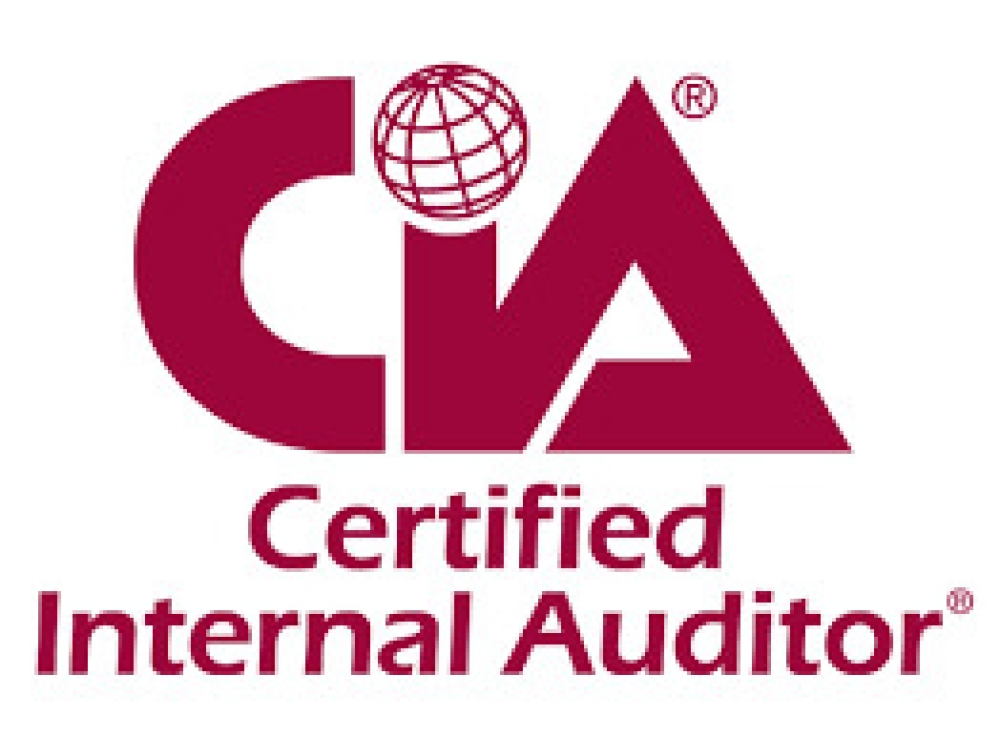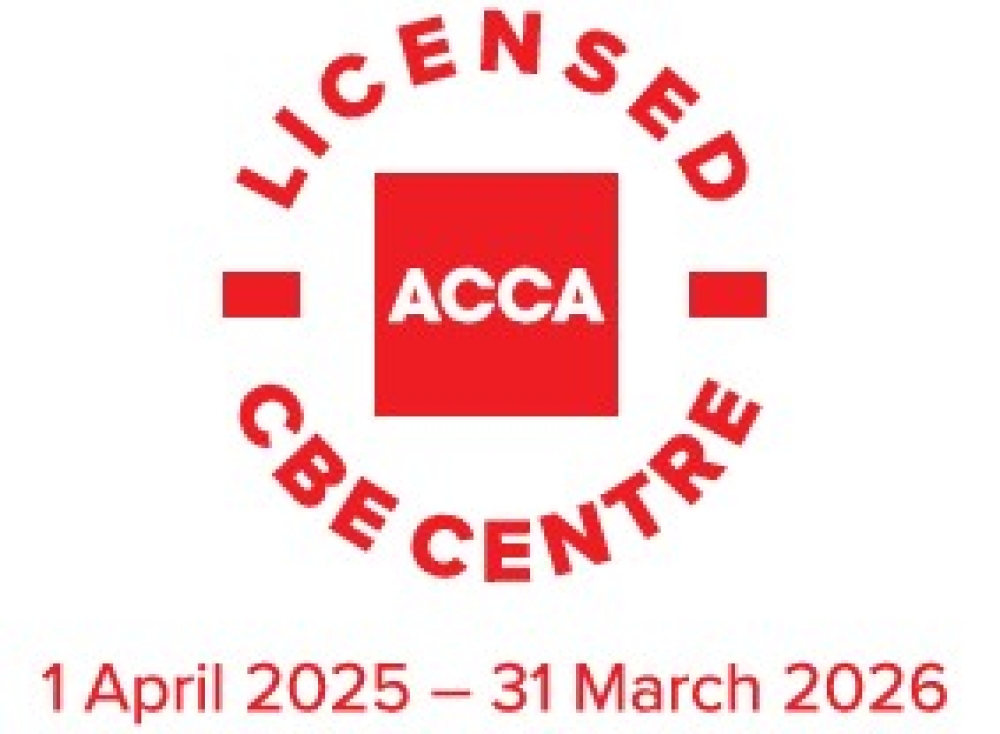
B.SC(Hons) Business and Management (LSE & UOL)
 Knowledge and understanding
Knowledge and understanding•analyse business and management issues from the perspective of a number of social
science disciplines;
• formulate and develop arguments on management issues in a logical manner;
• critically evaluate claims made on a range of management issues;
• display skills relevant to managing organisations effectively
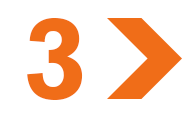 Intellectual and cognitive skills;
Intellectual and cognitive skills;Programme Specification 2025–2026 EMFSS BSc Business and Management
University of London 12
• address both foundational and contemporary management issues, either public or
private according to the courses chosen by the student;
• understand aspects of business and sociology management relevant to managing
organisations effectively.
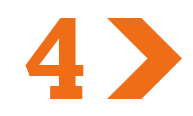 Transferable skills;
Transferable skills;• communicate effectively in a written context;
• use information technology (spreadsheets, word-processing and online databases)
appropriately;
• apply numeracy and quantitative skills including data analysis and interpretation;
• organise information, and to assimilate and evaluate competing arguments;
• manage their own learning, including working effectively to deadlines;
Programme overview
This programme aims to:
• provide students with a range of subjects which look at business and management issues analytically and critically;
• offer an intellectually demanding programme in business and management;
• provide a strong basis in social science;
• provide an opportunity for critical and theoretical study;
• give students a knowledge and understanding of a range of issues in international management, whilst allowing students to learn from issues and experiences relevant to their local environment;
• provide students with a degree which will be valued by employers looking for people who can demonstrate logical and quantitative reasoning.
The programme provides a strong understanding of core business areas such as accounting, finance, marketing, and human resource management. It is distinguished by LSE's analytical, social science-based approach to the subject.
- Analytical skills: The curriculum focuses on developing strong analytical and problem-solving skills, which are critical for effective management decision-making.
- Global perspective: The programme incorporates global case studies and teaches students to understand business and management practices within a global context.
- Real-world application: It equips students to apply business concepts to real-world challenges, preparing them for careers in both startups and multinational corporations.
Key features
World-class academic direction
The programme is developed, examined and assessed by expert academics at LSE, a federation member of the University of London and one of the world’s leading social science universities. It has been designed to be studied with a teaching centre near you or at home as an Independent Learner
Boost your career prospects.
This degree will give you a core social science knowledge base and the technical skills, including data analysis and presentation, to help you succeed in a broad range of careers. A University of London degree is a mark of quality that's valued by employers worldwide.
Unparalleled resources at your fingertips
Our Virtual Learning Environment (VLE) gives you access to a range of engaging content, from study materials to revision guides, and forums to connect with your tutors and fellow students. You can also access our Online Library containing a wealth of e-journal articles, ebooks and much more.
Join our global alumni network
After you graduate, you'll continue to benefit from a lifelong connection to the University of London. Our worldwide alumni community includes industry leaders and Nobel Prize winners.
Entrance requirements
General Entrance requirements for undergraduate degrees
Age:
Applicants must normally be at least 17 years of age on or before 30 November in the year
of initial registration.
Qualifications:
Applicants must
• have passed qualifications that satisfy category G in the Qualifications for Entrance schedule.
• meet any additional programme specific entrance requirements; and satisfy English language requirements.
Entrance requirements for the Graduate Entry Routes to the undergraduate degrees
Age:
Applicants must normally be at least 17 years of age on or before 30 November in the year of initial registration.
Qualifications:
Applicants must
• have successfully completed a full undergraduate degree or postgraduate qualification from an acceptable institution
• meet any additional programme specific entrance requirements; and
• satisfy English language requirements.
Applicants with professional qualifications and professional memberships will be considered on an individual basis.
Programme structures
The Economics, Management, Finance and the Social Sciences programmes are comprised of courses. Each course is referred to as a ‘100 course’, ‘200 course’ or ‘300 course’, corresponding to the following levels of the Framework for Higher Education Qualifications (FHEQ):
• 100 courses are placed at FHEQ Level 4
• 200 courses are placed at FHEQ Level 5
• 300 courses are placed at FHEQ Level 6
Where half courses are indicated, two half courses (15 credits) are equivalent to one full course (30 credits) in terms of structure. For each programme, some courses are compulsory, whilst others can be selected from either the relevant optional course list or from all courses, listed in Appendix B of the Programme Regulations, depending on the criteria given in the programme structure.
The current structure can be found on the programme’s Structure page on the University of London website.
Where a student satisfies certain conditions, transfer may be permitted between different degrees and routes. A student registered on an EMFSS degree cannot transfer to the Certificate of Higher Education in Social Sciences or a Graduate Diploma, but would instead need to cancel their registration and submit a request for new registration on their chosen programme.
To be considered for the qualification of a BSc honours degree in the field of Economics, Management, Finance and the Social Sciences:
• For degrees through the Standard Route – a student must have attempted 360 credits and must have passed with a mark of 40 or above in at least 330 credits.
• For degrees through the Graduate Entry Route – a student must have attempted and passed, with a mark of 40 or above in at least 270 credits.
Credit value of courses
Where credits are assigned to each course of a programme, credit indicates the amount of learning carried out in terms of the notional number of study hours needed, and the specified Frameworks for Higher Education Qualifications of UK Degree-awarding Bodies (FHEQ)
credit level indicates the depth, complexity and intellectual demand of learning involved.
The details below indicate the UK credits and the European Credit Transfer and Accumulation System (ECTS) values.
For the Economics, Management, Finance and the Social Sciences suite of programmes, credits are assigned to the courses as follows:
• 30 UK credits or 15 ECTS credits for a full course at level 4, or 15 UK credits or 7.5 ECTS credits for a half course at level 4
• 30 UK credits or 15 ECTS credits for a full course at level 5, or 15 UK credits or 7.5 ECTS credits for a half course at level 5
• 30 UK credits or 15 ECTS credits for a full course at level 6, or 15 UK credits or 7.5 ECTS credits for a half course at level 6
One UK credit equates to a notional ten hours of study.

Year 1
- Principles of Management: The fundamentals of how organisations operate, and the internal functions and processes of management.
- Quantitative Methods for Business: The core quantitative and statistical skills necessary for business analysis.
- Introduction to Economics: An overview of the economic principles relevant to a business environment.
- Introduction to Financial Accounting: The basics of financial accounting and reporting.
- Academic and Employability Skills: Focuses on the study skills, academic writing, and personal development needed for success in the program and beyond.

Year 2
In the second year, you will build on your foundational knowledge with compulsory modules and begin to select optional subjects to align with your interests.
Compulsory courses:
- Corporate Governance and Social Responsibility: Examines the ethics and legal context within which businesses operate, as well as their wider social impact.
- Human Resource Management: How organisations manage and lead their people effectively.
- Marketing Management: The principles and practice of marketing within a modern business context.
- Management Accounting: How accounting information is used for managerial decision-making.

Year 3
- Strategic Management: Focuses on developing a strategic understanding of organisations and how they compete in a global environment.
- International Business Strategy: Examines the unique challenges and opportunities of conducting business on an international scale.
- Creativity and Innovation in Business: Explores the importance of innovation and entrepreneurship in a modern business context.
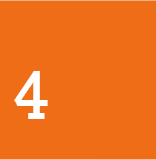
Elective options:
- Financial Management
- Consumer Behaviour
- Business Law
- Organisational Behaviour
- Dissertation or project-based work
- International Business and Global Trade
- Digital Marketing Analytics
- Financial Markets and Instruments
- Advanced courses in topics like taxation, auditing, or finance
Career paths
Career paths
This degree prepares graduates for a wide range of careers in both the public and private sectors. Potential career paths include:
- Business consulting
- Marketing
- Corporate leadership
- Finance
- Human resources
- Entrepreneurship
FEE STRUCTURE
| Fee Payable to - London school of Business and Certified Accountants | |||
| 1st Year (Rs) | 2nd Year(Rs) | 3rd Year(Rs) | |
| Admission Fee | 30,000 | ||
| Tuition Fee | 4,32,000 | 4,32,000 | 4,32,000 |
| GST 18% | 83,160 | 77,760 | 80,500 |
| Security Deposit | 10,000 | - | - |
| Total Fee | 5,45,160 | 5,09,760 | 5,28,050 |
Students are also required to pay the following to the University of London 2025 - 2026:
|
Particulars Degree Route (Min. 3yrs.) 1st Year (Fee + GST) |
||
| Application fee (non-refundable) | £65 | |
| Fee per course / per modules (inclusive of first assessment entry) | £660 X 4 = £ 2640* | |
Please note:
- all student fees shown are net of any local VAT, Goods and Services Tax (GST) or any other sales tax payable by the student in their country of residence. Where the University is required to add VAT, GST or any other sales tax at the local statutory rate, this will be added to the fees shown during the payment process.
- UOL fee must be paid in pounds sterling, which may be paid either by a credit card or debit card recognized by MasterCard International or by the VISA group or by banker’s draft or postal order, made payable to “The University of London”.
- *UOL fee are subject to revision
-
Assessment re-entry fee per course £434
Fee payable to British Council: EXAMINATION CENTRE FEE:
POUND 85 per paper. (Subject to change)
For more Details regarding University of London please visit Fee Details



